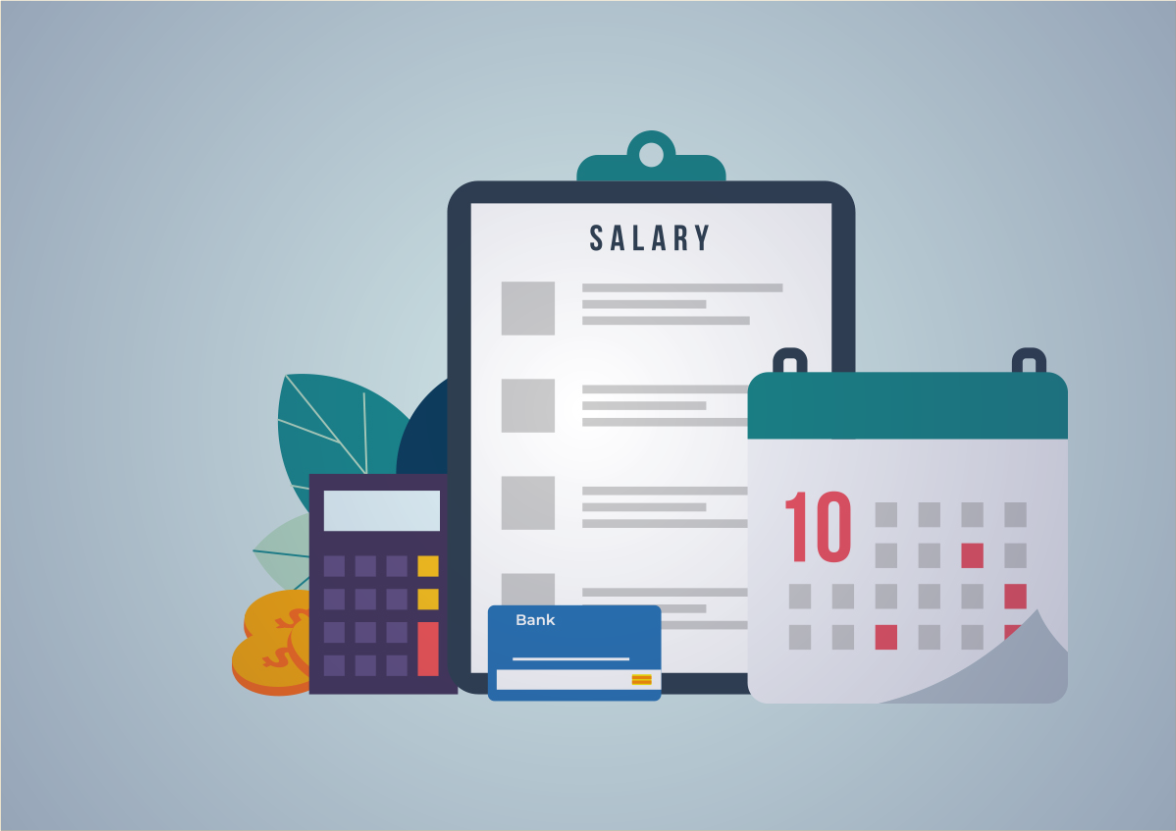Why Financial Planning Matters in Canada
Navigating your money without a sound plan is like sailing without a compass in a fast-paced, constantly-changing economy like Canada’s. It’s important to grasp the basics of financial stability whether you’re new to financial planning for beginners or looking for retirement planning for independent contractors. At 1HR News, we think that everyone in Canada, whether they are young professionals, independent contractors, families, or seniors, can have a safe and happy future with financial literacy and proactive planning.
Financial Literacy Starts Early
The first step toward effective Financial Planning in Canada begins with financial literacy for high school students. Instilling financial awareness in young minds can shape smart money habits for life. From understanding how to create a personal budget to the importance of saving early, young adults gain a head start in life. As these students transition into adulthood, they start identifying financial goals for young adults such as buying their first car, moving out, or saving for travel.
Many Canadians in their 20s and 30s face the challenge of building wealth while managing student loans and starting careers. Developing smart money habits for millennials is essential for long-term security. Using best money-saving apps for budgeting can simplify day-to-day expense tracking. A financial planning checklist for your 30s might include building an emergency fund, setting investment goals, and starting a retirement savings plan.
Learning how to build an emergency fund fast is particularly vital. Emergencies don’t knock—they crash. Having three to six months of living expenses saved up can be a game-changer when life throws a curveball.
Mastering the Art of Budgeting
No financial journey is complete without budgeting. From budgeting tips for single moms to budgeting tips for young professionals, creating and maintaining a personal budget is the bedrock of financial success. Tools like spreadsheets, apps, and automatic saving plans make it easier than ever to get started. Knowing how to reduce monthly expenses helps stretch every dollar and can free up funds for saving or investing.
Canada’s student loan system is manageable, but it takes strategic effort. Effective student loan payoff strategies—like the snowball or avalanche method—can accelerate debt repayment and reduce long-term interest. For those facing multiple debts, understanding debt consolidation vs debt settlement becomes key to regaining control. If you’re looking for a quick fix, learning how to get out of debt quickly involves discipline, sacrifice, and a plan that works with your lifestyle.
Creating a Roadmap for Retirement
Many Canadians wonder about the best way to save for retirement, especially as traditional pension plans become less common. Whether you’re employed or self-employed, it’s never too early to start. For gig workers and entrepreneurs, retirement planning for self-employed professionals involves creating your own safety net through RRSPs, TFSAs, or other investment vehicles.
Those who dream of freedom in their 50s or even 40s must learn how to plan for early retirement. This involves aggressive savings, high-return investments, and a minimalist approach to living. Eventually, you’ll need to figure out how to create a retirement income stream that aligns with your goals and lifestyle.
Planning for Stability and Growth
Family life introduces new financial responsibilities. From saving for a child’s college fund to life insurance planning for families, comprehensive financial planning ensures everyone’s needs are covered. For young parents, estate planning for young parents helps safeguard their children’s future, even in unforeseen circumstances.
Those with aging parents or entering retirement themselves must explore insurance planning for retirees. Ensuring proper healthcare coverage and estate distribution can prevent financial burdens for surviving family members. Couples embarking on life together should prioritize financial planning for couples getting married.
Honest conversations about income, spending habits, debt, and future goals can lay the groundwork for financial harmony. On the other end, financial planning after divorce becomes critical. Dividing assets, understanding tax implications, and rebuilding financial independence is a daunting but necessary step. Planning for a new arrival? Knowing how to plan for a baby financially involves preparing for maternity leave, baby gear, and long-term savings.
Small Business and Freelancer Finances
Canada’s small business landscape is thriving, and so is the freelance economy. But with independence comes responsibility. Financial planning for small business owners includes expense tracking, budgeting, investment in business tools, and understanding taxes. Tax deductions for small business owners can significantly reduce taxable income, especially when properly documented. Freelancers need tax planning for freelancers and must master how to manage money as a freelancer with irregular income.
This includes setting aside taxes, paying quarterly installments, and using business accounts to separate personal and business finances. No matter your income, building wealth on a low income is possible with discipline and smart planning. Smart investing for first timers starts with index funds, robo-advisors, or employer-sponsored plans.
Even if you’re tight on cash, you can learn how to invest with little money. Starting small but consistently builds momentum over time. Wealth management tips for families include rebalancing portfolios, diversifying investments, and reviewing insurance policies regularly. Having a strategy to protect assets from inflation is vital as global markets shift and purchasing power diminishes.
Passive Income and Side Hustle Success
Another key benefit of solid financial planning is the ability to create new income streams. Passive income ideas for professionals range from digital products to dividend-yielding stocks and real estate. For go-getters, financial advice for side hustlers includes setting clear profit goals, reinvesting wisely, and saving a portion of each payout. Remote work has also opened new financial paths. Personal finance tips for remote workers and financial planning for digital nomads involve currency conversions, international taxes, and remote-friendly banking options.
Your financial toolkit matters. Choosing the best credit cards for financial freedom means looking for low interest, rewards, and cashback options that align with your spending. Utilizing high-yield savings accounts for families can optimize short-term goals like vacation or school savings. Understanding insurance needs by age group ensures that you’re not over-insured or under-protected. Term life insurance may suffice for a 30-year-old, while retirees might shift toward critical illness coverage or long-term care policies.
The Expat and Immigrant Advantage
For newcomers, financial planning for expats is crucial. From understanding Canadian banking systems to credit building, tax obligations, and retirement plans, immigrants must take strategic steps early. With proper guidance, expats can thrive and even achieve financial independence faster than they imagined. Thinking long-term is where real wealth is created. Long-term financial planning strategies include regular investing, owning appreciating assets, and planning for legacy.
It’s also important to balance saving and investing—saving helps in the short term, while investing secures your future. A well-rounded strategy also includes understanding how to increase your credit score, especially before applying for a mortgage or car loan. Credit health is often overlooked but is critical in securing favorable interest rates.
Conclusion
Good financial planning is not a luxury—it’s a necessity. It empowers you to live intentionally, manage risks, and prepare for every stage of life. Whether you’re mapping out financial planning for beginners or looking into how to plan for a baby financially, there’s always a next step.
At 1HR News, we champion financial empowerment for all Canadians. With the right tools, mindset, and resources, you can break free from financial stress and build the life you dream of. From saving for your child’s college fund to creating a retirement income stream, each financial decision you make today shapes your future tomorrow.




